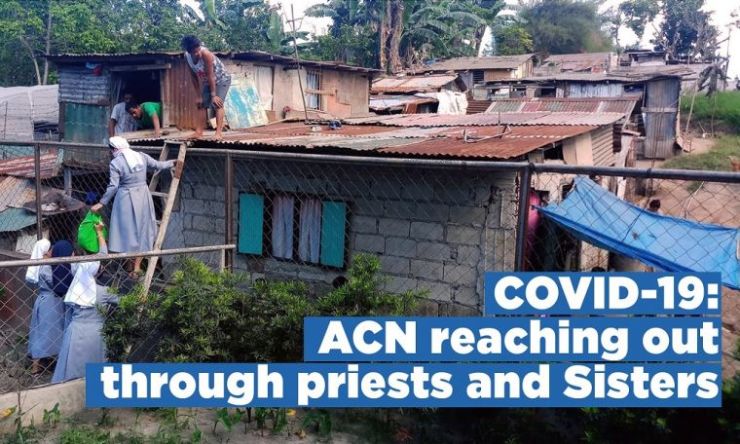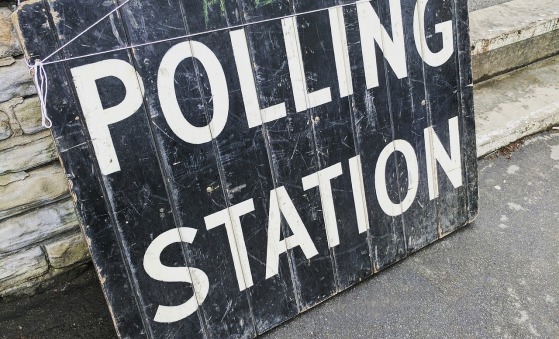Concerns are growing for the world's poorest countries as coronavirus continues to spread.

So far, the pandemic has caused havoc mostly in Europe and the US, but with more cases being reported in developing countries that have limited health services, there are concerns of an impending catastrophe.
The World Health Organisation last week warned that Africa, where over 23,000 cases have been confirmed, could become the next epicentre of the pandemic.
In Kossagha, Burkina Faso, staff at the SS Peter and Paul Seminary told Aid to the Church in Need (ACN) that they and the students have been in quarantine since the death of spiritual director Fr Justin Savadogo from coronavirus last Thursday.
Fr Thomas Varghesev, an Italian missionary of St Francis de Sales, is fearful of the impact in Uganda, where he is serving.
"When we see that thousands of people fall in Europe and the US where medical systems are so far advanced, we thought: what will be the situation if corona embraces the poorest countries in the world, where there may not be hardly 100 functioning ventilators in the whole country? It will be disastrous," he told ACN.
In Aleppo, Syria, which has been brought to its knees by nine years of civil war, Fr Antoine Tahhan told the charity that people there were vulnerable to the virus, and that many hospitals and health centres are either closed or only partially functioning.
"The healthcare system is in a fragile state and this is the root of the concerns that the virus could spread among the population," he said.
One priest named only as Fr Anthony, serving in a remote village in Andhra Pradesh, India, spoke of the fear as cases continue to rise each day.
"Near to my parish there are 19 positive cases so we are afraid of it," he said.
Kirsty Smith, Chief Executive of Christian Blind Mission, which works in developing countries across Africa and Asia, told Christian Today that there was "no chance" of being able to implement social distancing measures in these communities.
"For people in very poor environments, the pandemic is a very different experience," she said.
"One of the things we've been able to do in the UK is to introduce social distancing, which has been one of the most effective ways of reducing the spread.
"In many of the places where CBM works, people live in large families, it's very difficult to keep the numbers in any one place down, and they may also be living in slum areas where housing is very poor and very close together, so there just isn't the luxury of staying two metres apart."
She said that maintaining hygiene would also be a challenge in many of these communities.
"In addition to that, many of the communities where we work do not have access to running water, and they certainly don't have access to soap," she said.
"So again, one of the most effective ways of protecting against coronavirus that we've got here in the UK - washing our hands on a regular, almost slightly obsessive basis - is not an option in many of our communities."
She added: "Some of the primary healthcare facilities themselves don't even have those facilities."




